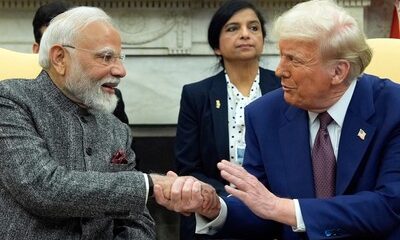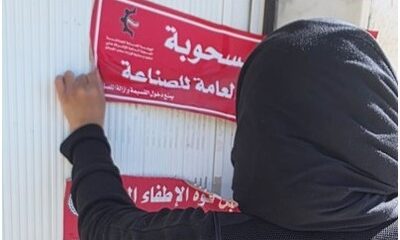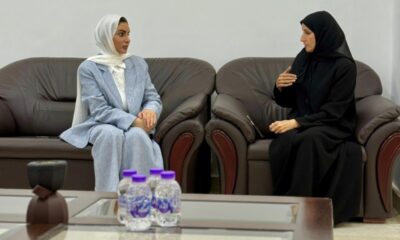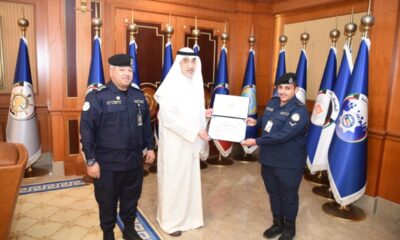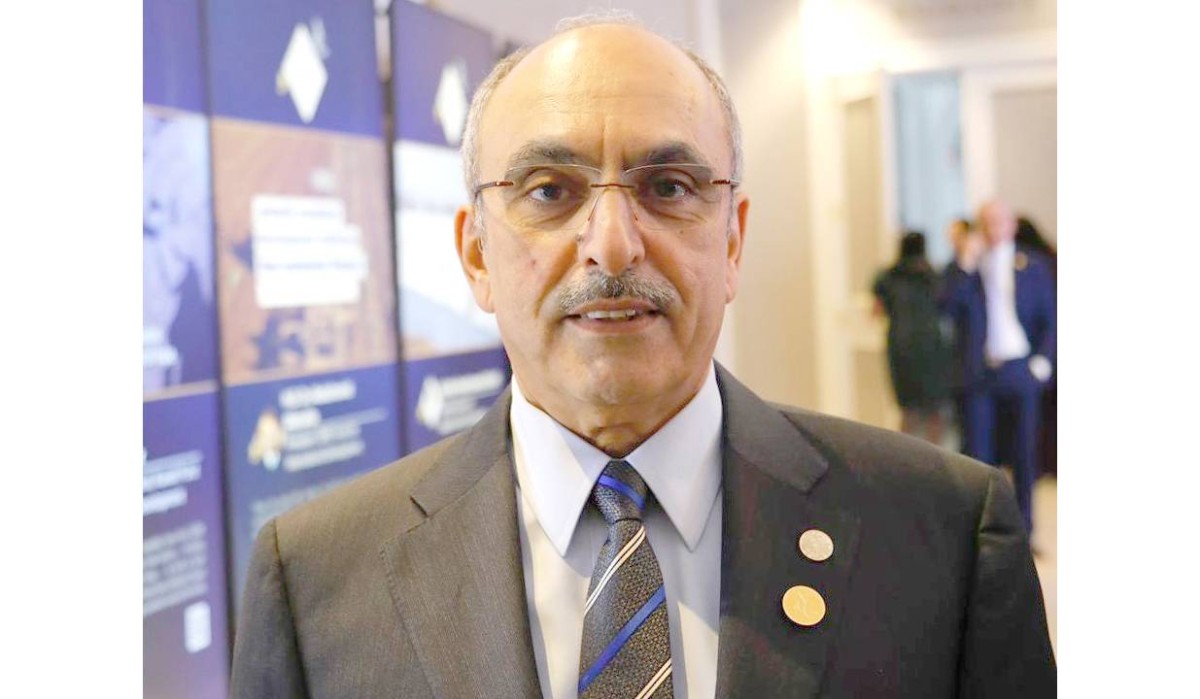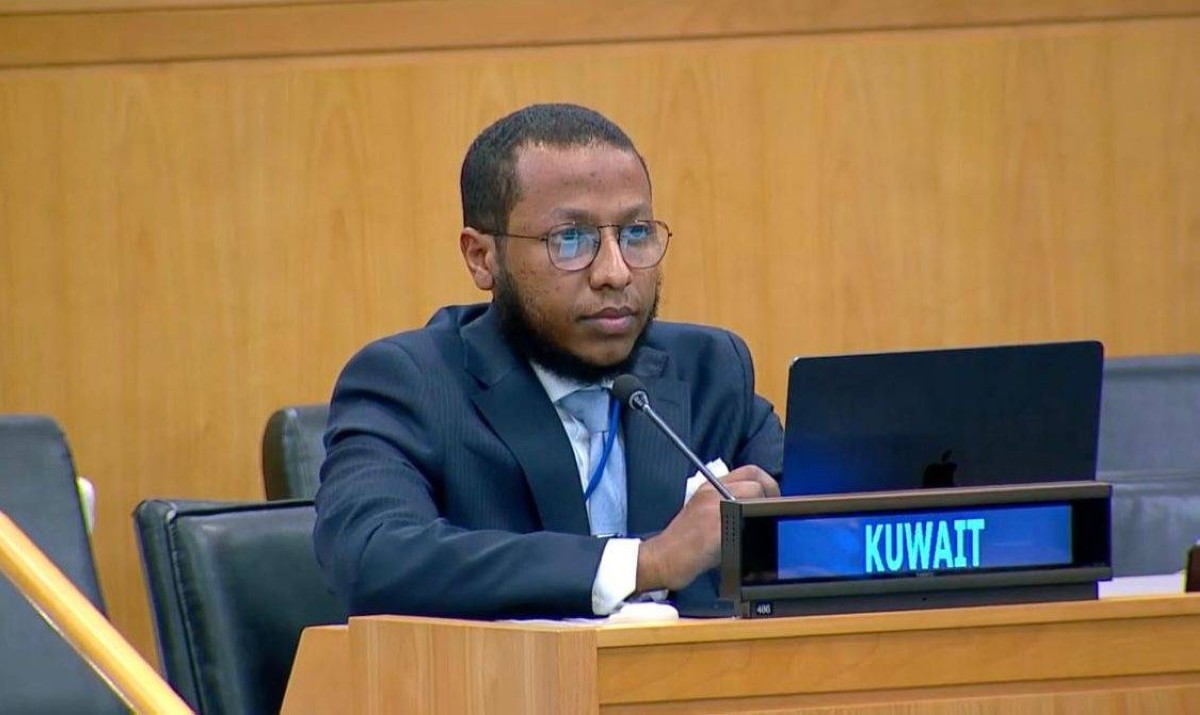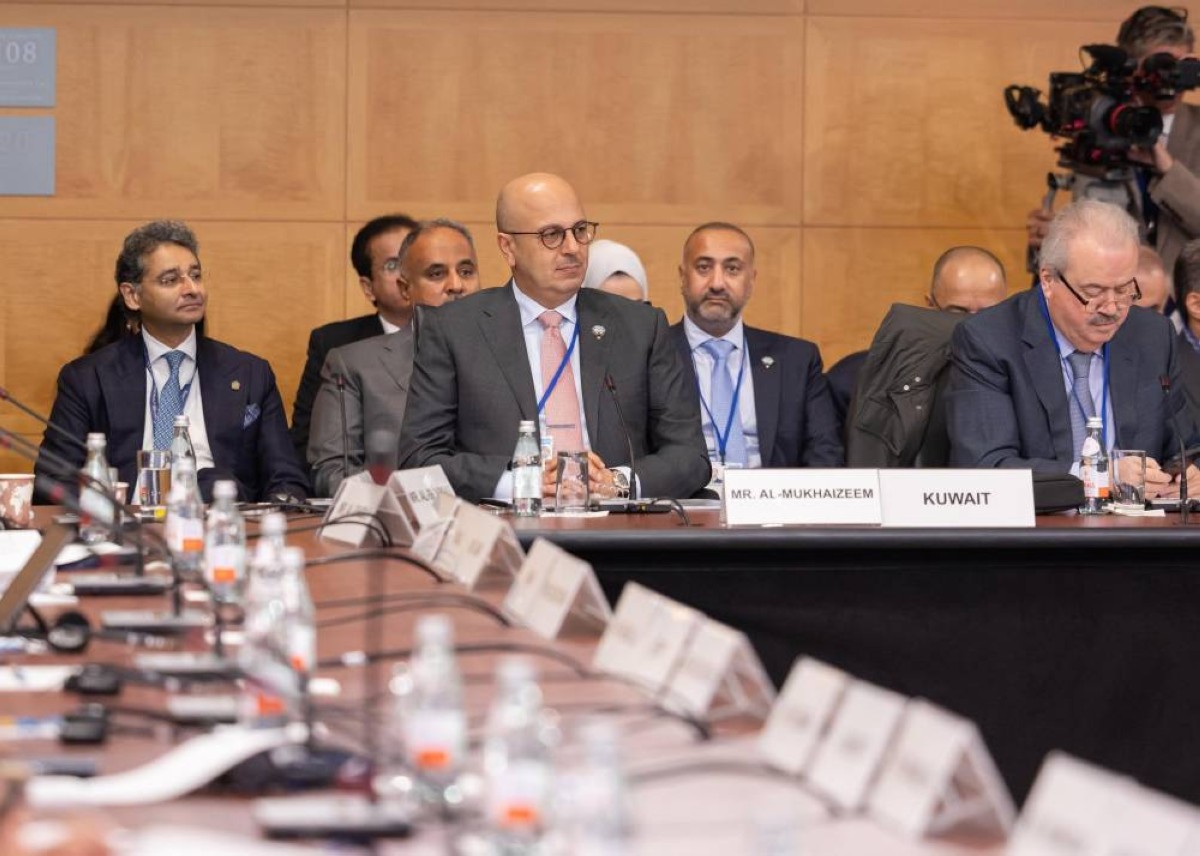Latest News
Oil minister highlights Kuwait’s deep-seated belief in climate, environmental protection
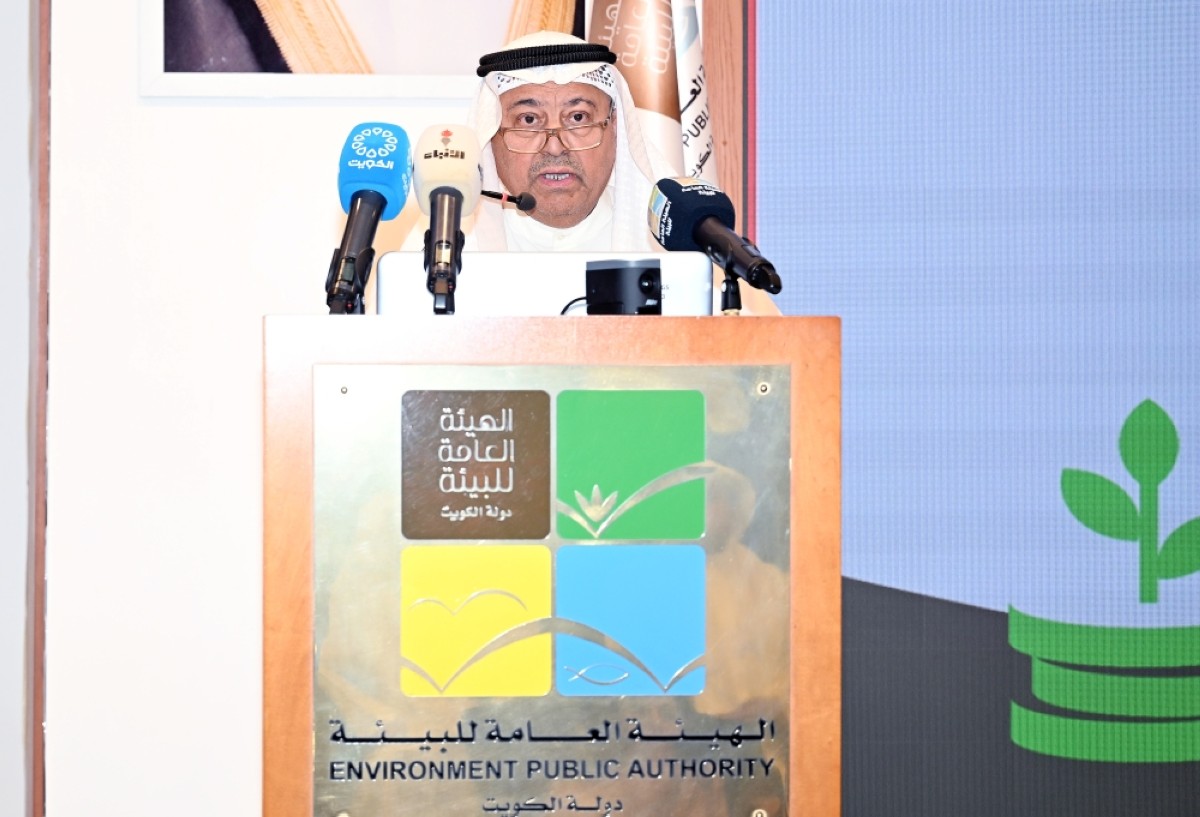
Latest News
Kuwait Fund chief: ACG committed to effective development strategies
Latest News
Kuwait reaffirms commitment to eradicating poverty, urges stronger global action
Latest News
Kuwait participates in MENAP neeting with IMF managing director
-
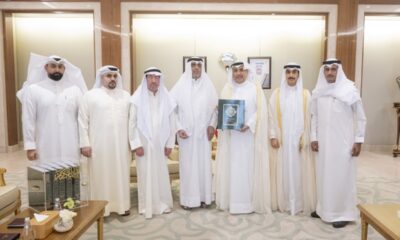
 Latest News18 hours ago
Latest News18 hours agoDiwan officials receive Kuwait Blind Association board
-
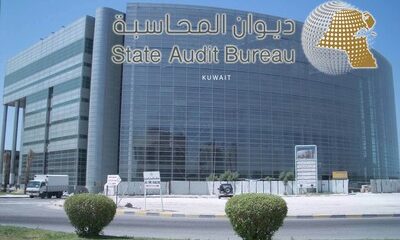
 Business18 hours ago
Business18 hours agoAudit Bureau approves KD10.45 mln contract for Doha desalination plant
-

 Politics23 hours ago
Politics23 hours agoIraqi Woman Caught Trying to Smuggle Narcotic Pills Hidden in Spare Tire
-
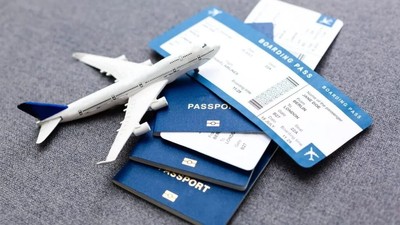
 Business20 hours ago
Business20 hours agoThe Ultimate Guide to “Book Now, Pay Later” Flights
-
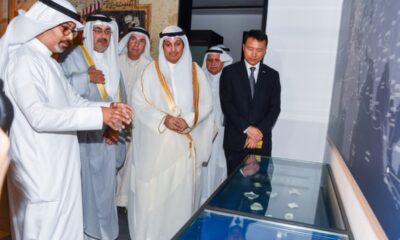
 Latest News19 hours ago
Latest News19 hours agoKuwait showcases Chinese art in major cultural exhibition
-
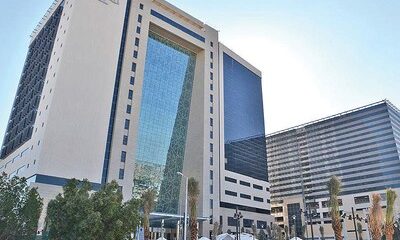
 Politics18 hours ago
Politics18 hours agoRoyal’s graft case hearing on Dec 16
-
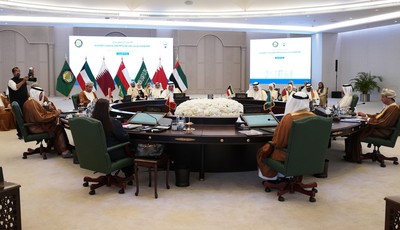
 Business22 hours ago
Business22 hours agoIndustry now a key pillar in economic diversification: Kuwaiti official
-

 Politics19 hours ago
Politics19 hours agoKuwait court rejects bail for lawyer

